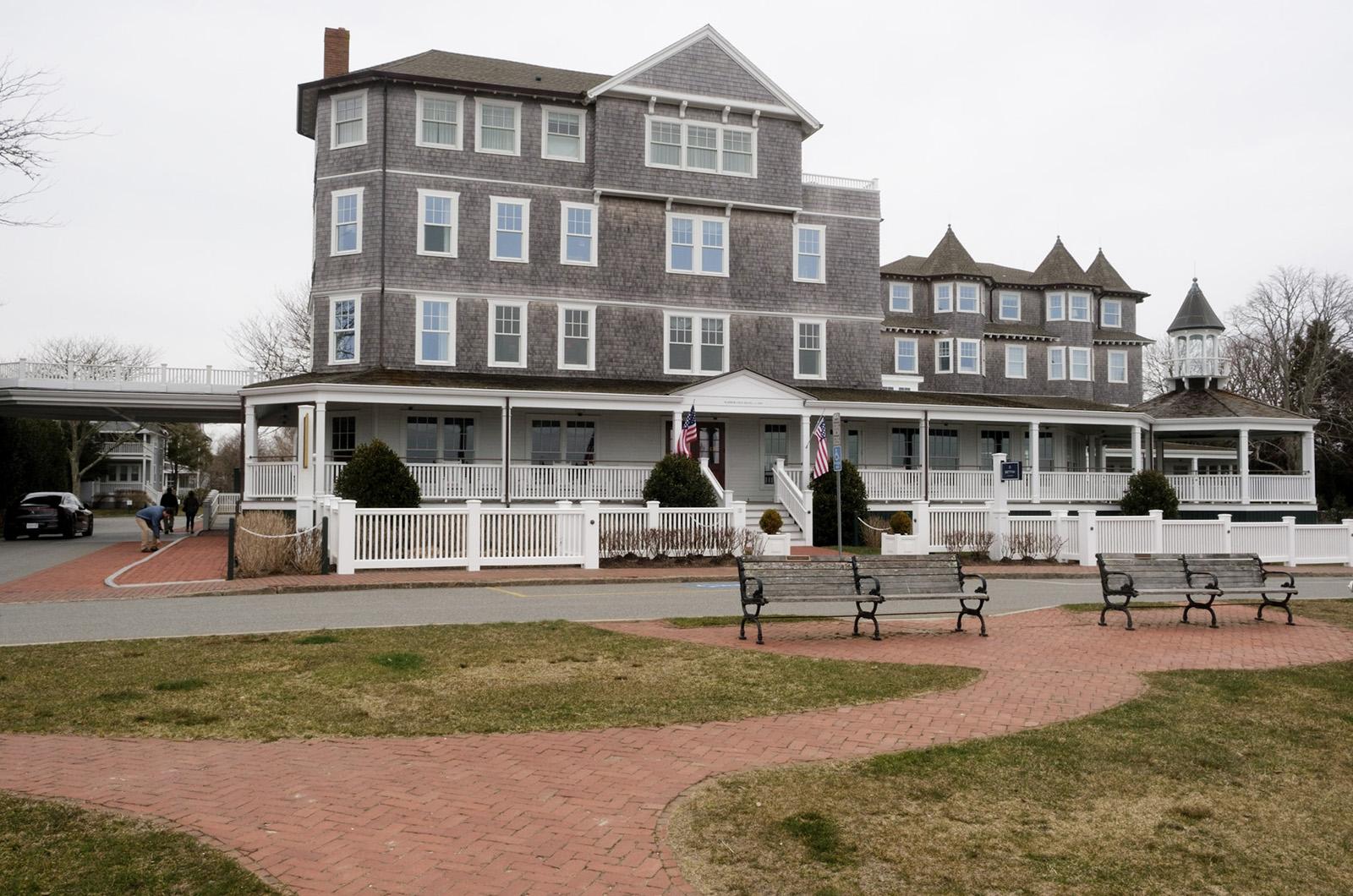The Martha’s Vineyard Commission violated the state open meeting law last year when it went into executive session to discuss settlement of a lawsuit by the Harbor View Hotel, the state attorney general’s office ruled Tuesday.
In a sharply worded letter, assistant attorney general Elizabeth Carnes Flynn cautioned the commission that future violations may be considered evidence of intent to violate the law and ordered the commission to provide better minutes of its session.
The reprimand capped a week in which the commission was roundly criticized for procedural missteps by two Superior Court judges, even as one upheld the commission’s broad authority to regulate development on the Island.
The open meeting complaint was made by Boston attorney Dylan Sanders, who represented neighbors of the Harbor View who were unhappy when the commission modified a decision that had put restrictions on the hotel’s spa expansion. The neighbors’ effort to get a judge to block the modification was denied, but the open meeting complaint went forward.
The complaint alleged that the commission violated the law by meeting in executive session on July 7, 2022 without first convening in open session, announcing the purpose of the executive session, voting by roll call to enter executive session and discussing matters inappropriate for executive session.
In the letter, Ms. Carnes Flynn emphasized that the purpose of the open meeting law is to provide transparency to the public and that it is is very specific about when and how executive sessions can be held.
“Following our review, we find that the Commission violated the Open Meeting Law by failing to convene in open session to announce the purpose of the executive session and to vote by roll call to enter executive session,” the attorney general’s letter said.
“Finally, although not raised in the complaint, we find the minutes of the July 7 executive session are wholly insufficient where they do not summarize any of the discussions held during the hour-long meeting,” the letter continued.
The commission must revise and release the minutes and certify it has done so within 30 days, the attorney general ruled.







Comments (1)
Comments
Comment policy »